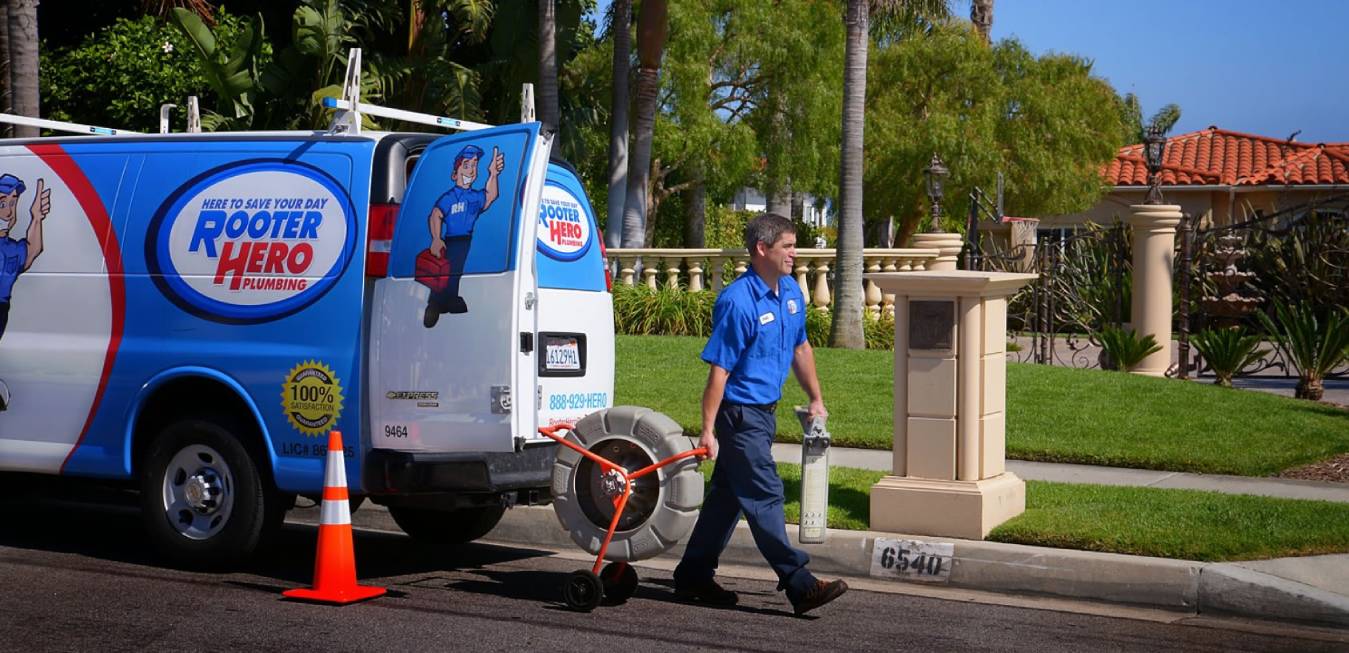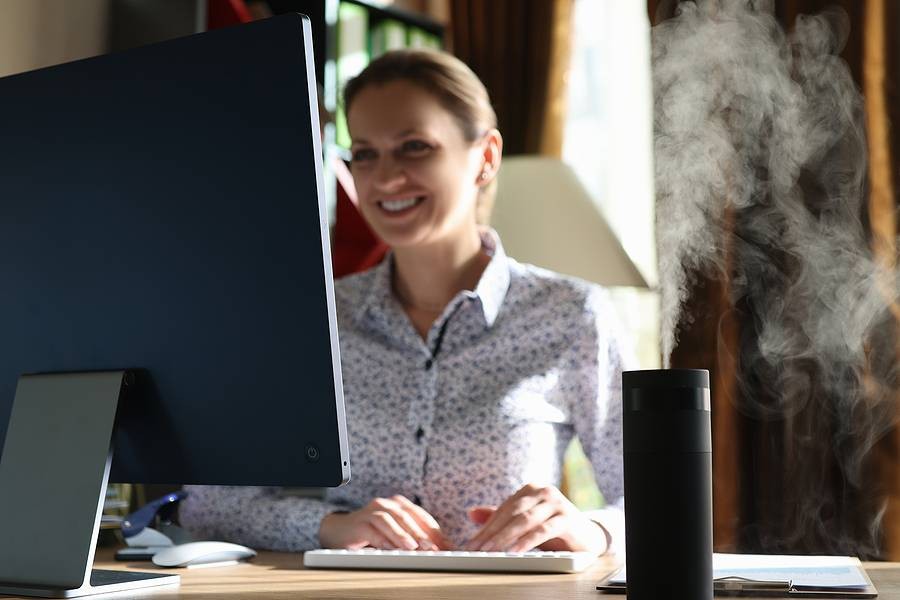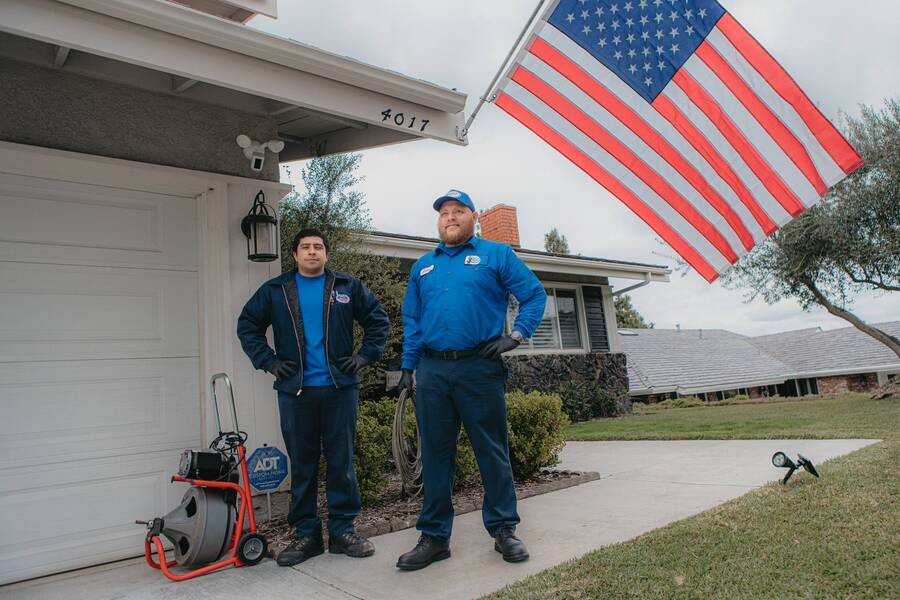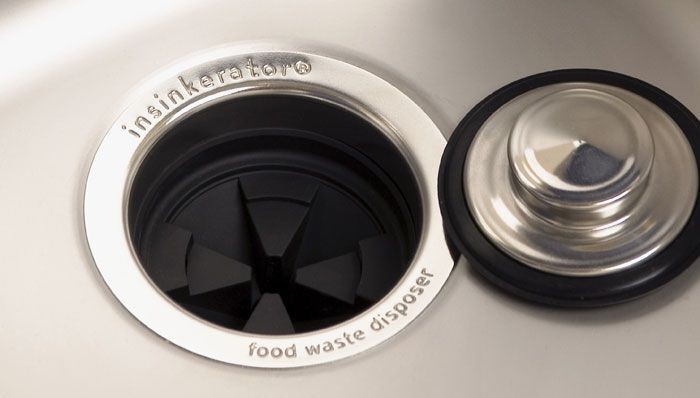
Protect Your Septic System: Flushables that Shouldn't Be Flushed
The toilet may be a convenient way to get rid of smelly waste material, but treating it like a garbage receptacle can cause serious problems in the fixture, pipes and septic system. In fact, even products that are marketed as “flushable” can have detrimental effects on your plumbing. The first step towards protecting your system from "unflushables" is to educate yourself regarding what material can be safely flushed. Discourage family members and guests from putting anything else in the toilet, and be sure to place trash cans in each bathroom to provide an easy alternative
The Dangers of Flushable Products
Wet wipes are a popular item when flushing is concerned. Whether they are for your baby or simply for general use, you shouldn’t make a habit out of putting these in the toilet. The wipes do not decompose as quickly as toilet paper, which creates the potential for clogs in your home plumbing as well as in the larger sewer system. Cat dirt is another common culprit in the “flushable” category. Even if the litter is described as toilet-friendly, there is still a chance that it will cause a clog in your sewer lines. Cat feces also have a high chance of containing a protozoan parasite that causes a disease called toxoplasmosis. Conventional water filtration does not always remove the parasite, which can re-enter the water supply and cause serious health issues for weak or young individuals.
Other Household Items that Should not be Flushed
You may remember your parents warning you not to put napkins or paper towels in the toilet. There is a good reason for this, believe it or not! Unlike toilet paper, which is designed to break apart easily, paper towels absorb and clump inside the sewer system. A few of these can cause a major blockage in no time at all. Many personal hygiene products, like tampons and diapers, are also a threat to your home’s plumbing. Dental floss, human hair and paper wrappings may seem harmless, but they are another no-no when it comes to proper toilet use. Do not put any food waste in the toilet, especially items containing fats or oil. Contact a professional plumber for advice if you are unsure if a certain item or product can be safely flushed. If the item is not plumbing-friendly, you can dispose of it by sealing it in a plastic bag and taking it to a landfill or placing it in your primary garbage can if allowed by local law.

